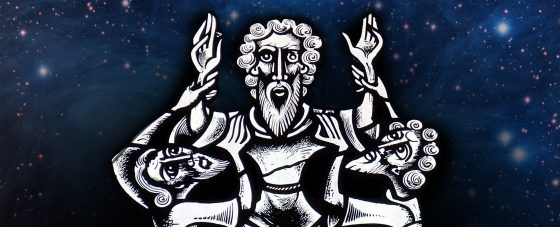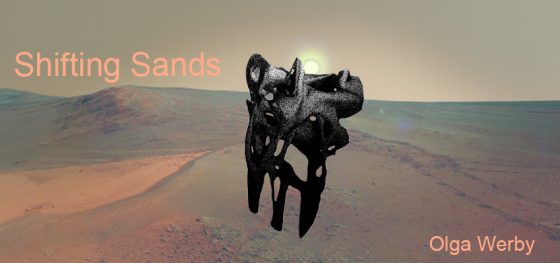
The paperback version of “God of Small Affairs” is out everywhere (well, mostly in online stores) today! Here’s a link to “God of Small Affairs” on Amazon. In about two weeks, the ebook version will come out as well. The story already earned three 5-star reviews from Readers’ Favorite! You can read the first few chapters here. Like for all of my books, I’ve created a Pinterest mood board for this story. Check it out. I think illustrations really help the readers to see inside my head…a little. The illustrations for this particular story are more evocative than most. Something about gods that walk among us and help guide humanity into the future… And while there, look at my other mood boards, for other stories. I find that “collecting” imagery while writing is very inspiring. Some writing is very visual, and some art is very lyrical and story-driven. As you might have guessed, I am not a big fan of an empty canvas or flat, one color artboards. I want details. Descriptions. Illustrations. I like that in art as well as literature. SPFBO 5 Competition As I’ve mentioned last time, this year, I am also participating in a little friendly…






